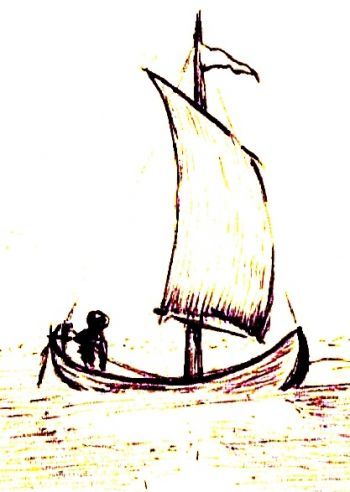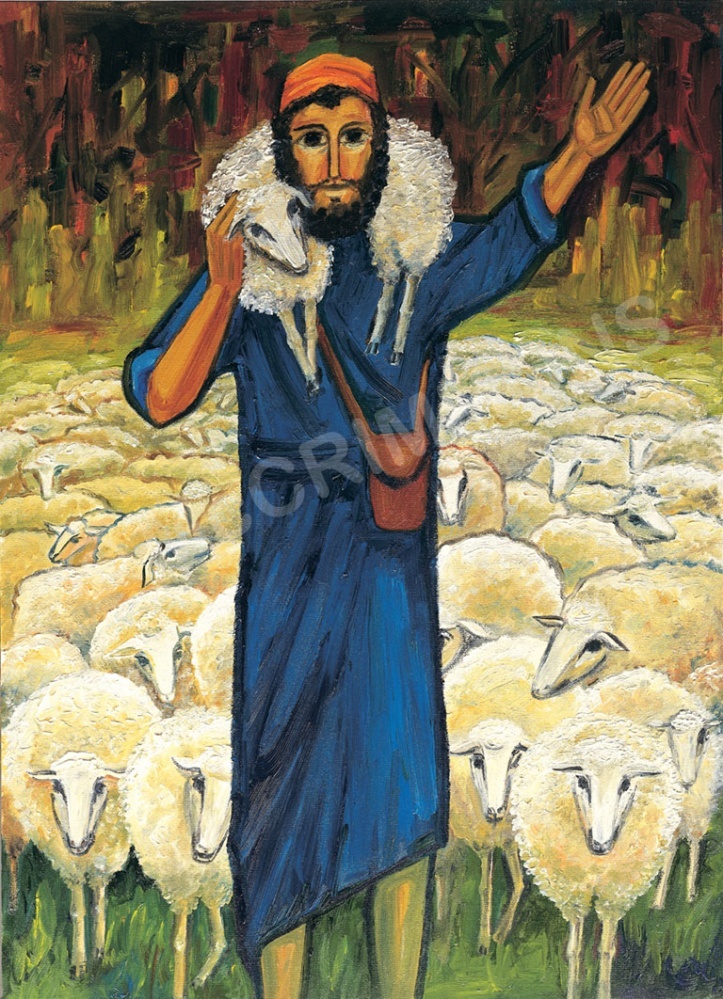News
A Crowded, Lonely Journey: A reflection by Chris McDonnell

Early in the morning, a fisherman leaves the shore of the lake, a wind-filled sail and the gentle lapping of water around the hull of his simple craft. A man alone, setting sail to support his family by the work of his hands, his skill and his experience.
Others gather on the North African coast, coming from different countries where their lives have become impossible, seeking landfall in Europe to start again. There they crowd on boats, whose sea-worthiness is questionable, having paid large sums of money for the doubtful privilege. What desperation makes men women and their young children take such a risk?
The news over the last couple of weeks of those who have tried to make the journey has been of great loss of life, the cost of trying to escape has been a tale of tragedy. And the death toll continues to rise.
After meeting the Italian president, Pope Francis said, "It is evident that the proportions of the phenomenon demand much greater involvement. We must not tire in our attempts to solicit a more extensive response at the European and international level."
This is not Italy's problem alone, it extends beyond their Mediterranean coast line.
Francis responded to the current crisis by saying, "I want to express my gratitude for Italy's undertaking in welcoming the numerous migrants seeking refuge at the risk of their lives."
The contrast between the fisherman alone on the lake under an early morning sun and the over-crowded vessels filled with anxious, frightened humanity, couldn't be greater.
The final lines of Wilfred Owen's poem ‘Insensibility'
"Before the last sea and the hapless stars;
Whatever mourns when many leave these shores;
Whatever shares
The eternal reciprocity of tears."
conclude the story of a young soldier leaving his homeland during the First World War. But these boat people are not soldiers, neither were the boat people who fled Vietnam following the conclusion of the war in south-east Asia with the fall of Saigon fifty years ago this year. They seek the possibility of a life without constant fear, a chance to believe without threat.
Our great risk is that each event becomes another news item, the numbers change as the few survivors are brought ashore huddled in protective blankets, shock written on their strained faces. Then we move on to our own local concerns and tragedy becomes a memory.
The anonymous author of the 16th Century song "The Western Wynde" wrote
O Western
wind when wilt thou blow
That small rain down can rain:--
Christ, that my love were in my arms
And I in my bed again.
Those few words express a deep human longing, the pain of separation and the fragility of life on this Earth. May our prayers and our resources, our compassion and our understanding be with those in peril on the sea.






